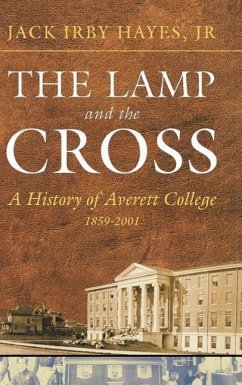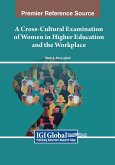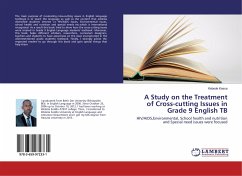This work examines the birth and maturation of Averett College, and institution of higher learning in Southside Virginia. The school's official seal--and elliptical medallion with the words "Averett College, Danville, Virginia" surrounding a lamp and cross--was emblematic of the institution's history and mission. The lamp represented learning, while the cross stood for the Southern Baptist environment in which learning took place. Yet these two symbols were never static representations. Learning in 1859, when the college was founded, was designed to produce a "finished" you lady who could model high culture while attending to hearth and community. Refinement of this curriculum during the next four decades preceded dramatic change in the early twentieth century: job-related education, and elective system, and junior college status. Pre-professional, coeducation and a baccalaureate program followed. Next came new degrees and new venues. The 1980s and 1990s brought non-traditional adult education at twenty-five sites throughout Virginia that soon eclipsed the traditional program. Just as the lamp and cross continued to be enduring motifs, the mission of the institution also reflected the purposes of education in the United States. Since colonial times, Americans have regarded education as essential to representative government. By the 1820s, Americans considered schooling essential to democracy. In the emerging industrial age of the nineteenth century as financial necessity and opportunity continually challenged traditional female roles, Americans were forced to concede the urgency of educating women. The place of Averett College in this larger educational milieu is secondary theme of thiswork.
Hinweis: Dieser Artikel kann nur an eine deutsche Lieferadresse ausgeliefert werden.
Hinweis: Dieser Artikel kann nur an eine deutsche Lieferadresse ausgeliefert werden.








